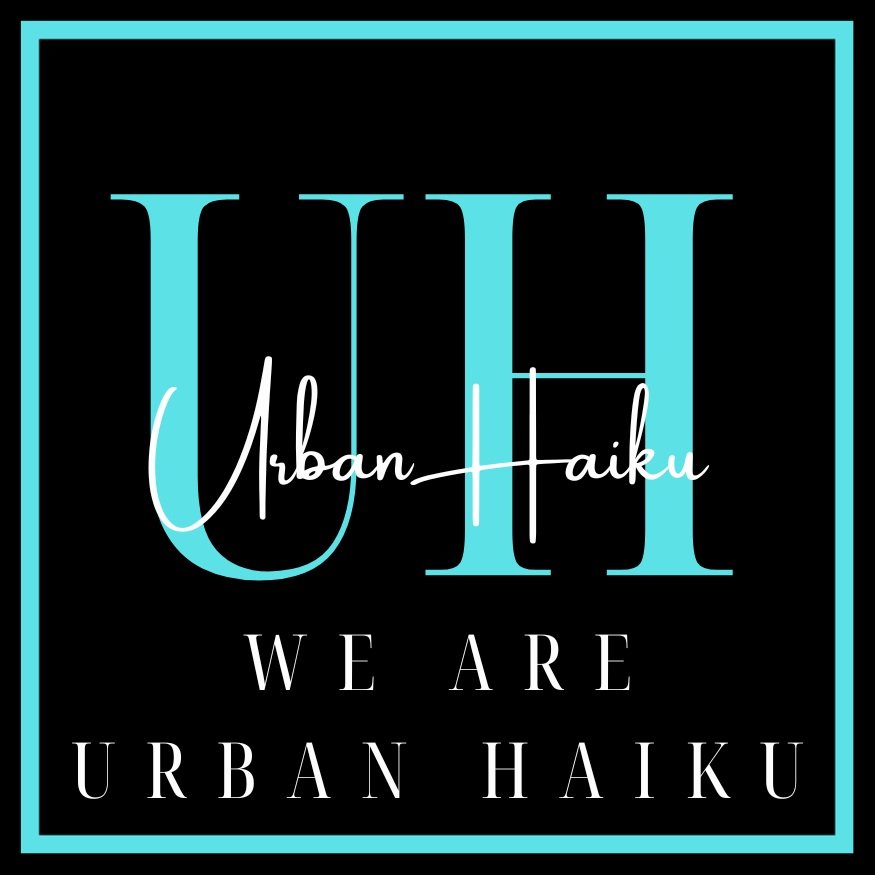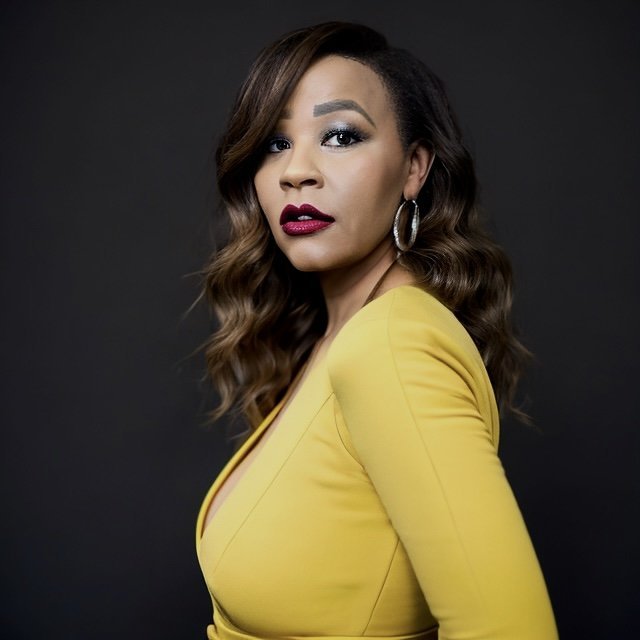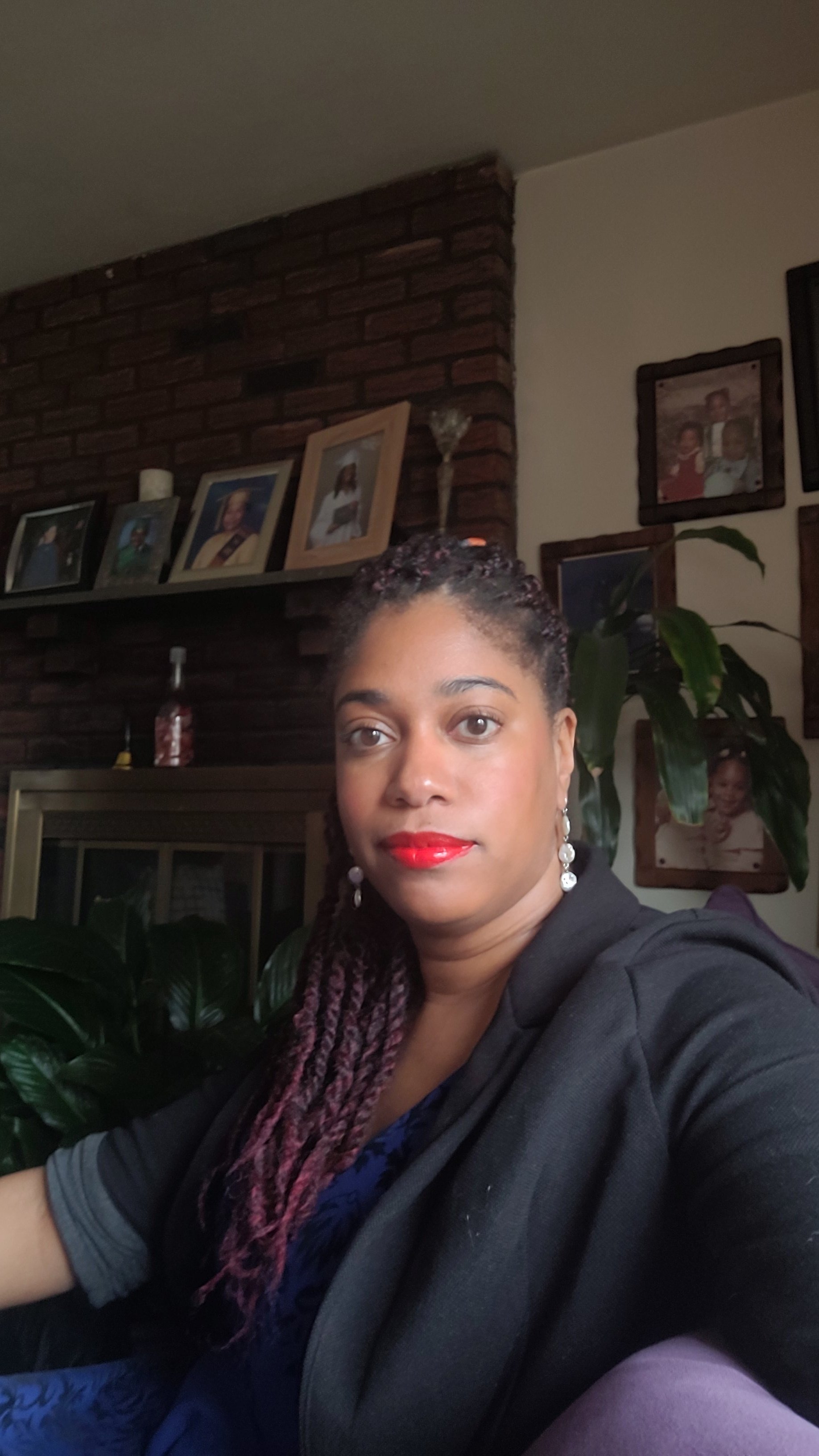Documentary Poetics: Living, Thinking, and Feeling as a Way of Encounter the Past and Present with Diana Khoi Nguyen
Documentary Poetics: Living, Thinking, and Feeling as a Way of Encounter the Past and Present
Documentary poetics has been a longstanding practice across literatures. According to one of its practitioners, Mark Nowak, documentary poetics “has no founder, no contested inception, no signature spokespersons claiming its cultural capital; its practice is not limited to the pre-modern, modernist, or post-modern moments (it is as comfortable in musty historical archives or conversations with actual live individuals as it is with Google).” It exists, in fact, “along a continuum from the first person auto-ethnographic mode of inscription to a more objective third person documentarian tendency.”
In this intentional weekly space, we will consider what it means to document in the practice of composing poetry, and study the various ways that contemporary writers and literary artists draw upon source materials to create forms exigent to their subject matter.
Documentary Poetics: Living, Thinking, and Feeling as a Way of Encounter the Past and Present
Documentary poetics has been a longstanding practice across literatures. According to one of its practitioners, Mark Nowak, documentary poetics “has no founder, no contested inception, no signature spokespersons claiming its cultural capital; its practice is not limited to the pre-modern, modernist, or post-modern moments (it is as comfortable in musty historical archives or conversations with actual live individuals as it is with Google).” It exists, in fact, “along a continuum from the first person auto-ethnographic mode of inscription to a more objective third person documentarian tendency.”
In this intentional weekly space, we will consider what it means to document in the practice of composing poetry, and study the various ways that contemporary writers and literary artists draw upon source materials to create forms exigent to their subject matter.
Documentary Poetics: Living, Thinking, and Feeling as a Way of Encounter the Past and Present
Documentary poetics has been a longstanding practice across literatures. According to one of its practitioners, Mark Nowak, documentary poetics “has no founder, no contested inception, no signature spokespersons claiming its cultural capital; its practice is not limited to the pre-modern, modernist, or post-modern moments (it is as comfortable in musty historical archives or conversations with actual live individuals as it is with Google).” It exists, in fact, “along a continuum from the first person auto-ethnographic mode of inscription to a more objective third person documentarian tendency.”
In this intentional weekly space, we will consider what it means to document in the practice of composing poetry, and study the various ways that contemporary writers and literary artists draw upon source materials to create forms exigent to their subject matter.




